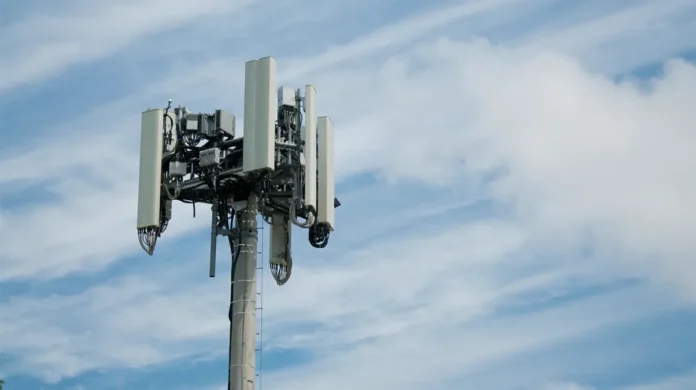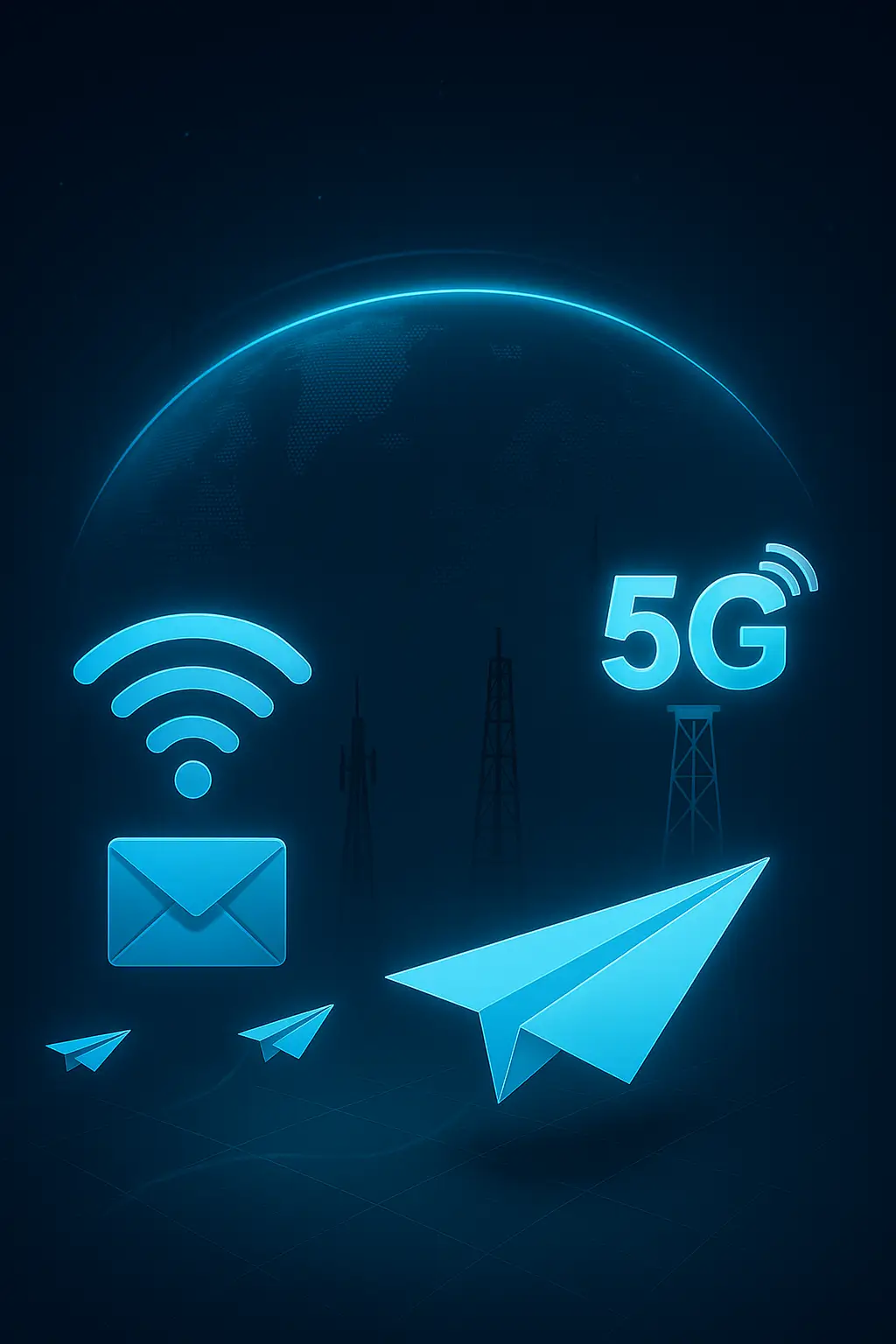As 5G rolled out globally, so did a flood of fear, rumors, and misinformation. From conspiracy theories to health scares, 5G has faced more public scrutiny than any previous generation of wireless technology.
But is 5G actually dangerous? Does its radiation pose a real health risk?
As telecom experts, we take this concern seriously. This article explores the science, regulations, and facts behind 5G safety to help you understand what’s real and what’s not.
🔹 What Kind of Radiation Does 5G Use?
5G uses non-ionizing radiofrequency (RF) radiation — the same type emitted by FM radios, Wi-Fi routers, and microwave ovens.
Let’s be clear:
- – Non-ionizing radiation cannot break molecular bonds or damage DNA.
- – Ionizing radiation (like X-rays or gamma rays) is dangerous because it can ionize atoms and damage tissue.
5G frequencies:
– Low-band: 600–900 MHz
– Mid-band: 1.8–6 GHz
– High-band (mmWave): 24–52 GHz
All fall within non-ionizing ranges.
✅ Fact: 5G radiation is weaker than sunlight and far below ionizing thresholds.
🔹 Myth #1: “5G Causes Cancer or DNA Mutations”
There is no scientific evidence that 5G causes cancer.
🔬 Scientific bodies such as:
– ICNIRP (International Commission on Non-Ionizing Radiation Protection)
– WHO (World Health Organization)
– FDA (U.S. Food & Drug Administration)
– ANFR (France), FCC (USA), Ofcom (UK)
… have reviewed thousands of peer-reviewed studies and found no conclusive link between mobile RF exposure and cancer.
✅ Studies show no increased cancer risk from prolonged exposure to RF fields within international guidelines.
🔹 Myth #2: “mmWave Is New and Unstudied”
False.
mmWave (24–100 GHz) is not new. It has been used in:
– Airport body scanners
– Satellite communications
– Automotive radar (77 GHz)
– Military radar systems
What’s new is its mass adoption in telecom. But the physical properties and biological effects have been studied for decades.
✅ mmWave signals penetrate only 2–3 mm into the skin and do not reach internal organs.
🔹 Myth #3: “5G Weakens the Immune System”
This theory gained attention during COVID-19 but has no scientific basis.
There is no mechanism by which non-ionizing RF energy at 5G levels can weaken immunity, affect virus replication, or reduce antibody response.
WHO: “Viruses cannot travel on radio waves/mobile networks.”
✅ 5G does not compromise immune function or cause viral infections.
🔹 Myth #4: “5G Towers Are Dangerous Near Schools or Homes”
Power levels near base stations are extremely low.
Measurements by independent regulators in Europe, the US, and Asia show:
– RF exposure at ground level is thousands of times below ICNIRP limits
– Even directly in front of 5G small cells, emissions remain safe
Base stations are designed with:
– Adaptive beamforming to target users efficiently
– Power control algorithms to reduce unnecessary transmission
✅ Living near a 5G tower is not hazardous under regulated exposure limits.
🔹 Scientific Standards & Global Regulations
Organizations responsible for RF safety:
– ICNIRP: Global exposure limits based on scientific consensus
– IEEE C95.1: US technical standard
– ITU-T K.52: Assessment methodology
– National agencies: ANFR, FCC, Ofcom, etc.
These limits are:
– Based on thermal effects (tissue heating)
– Include 50x safety margins
– Enforced during network deployment and audits
✅ Operators are required to test and certify compliance regularly.
🔹 Measuring Exposure: SAR and Field Strength
Two main metrics:
- SAR (Specific Absorption Rate): Measured in W/kg — used for phones
2. Electric Field Strength: Measured in V/m — used for base stations
Typical exposure from a phone:
– SAR < 1.6 W/kg (US) or < 2 W/kg (EU)
– Below the thermal threshold for biological harm
Environmental field strength:
– Well under 10% of ICNIRP limits in most cities
🔹 What About Children and Pregnant Women?
All global safety guidelines apply to all age groups, including infants and pregnant women.
Studies show:
– No unique vulnerabilities to RF exposure in children at regulated levels
– No conclusive evidence of developmental risks
WHO and FDA both affirm the safety of mobile RF exposure for all demographics under current limits.
🔹 Environmental Impact of 5G
5G energy use depends on:
– Device density
– Base station optimization
– Use of sleep modes and AI for power efficiency
In fact, energy per bit transmitted over 5G is lower than 4G — making it more sustainable long-term.
However, continuous monitoring is recommended to minimize unnecessary energy consumption.
🔹 Conclusion: 5G Is Safe — If Regulated
The fears around 5G are understandable — it’s a new technology, and public concern often follows innovation.
But decades of research and real-world measurements confirm:
✅ 5G uses non-ionizing radiation
✅ It is well-regulated by international bodies
✅ Exposure levels are extremely low and safe
✅ No evidence links it to cancer, immune suppression, or viral transmission
What we need is not panic, but awareness — and continued scientific vigilance.
Benefit from Massive discount on our 5G Training with 5WorldPro.com
Start your 5G journey and obtain 5G certification
contact us: contact@5GWorldPro.com


